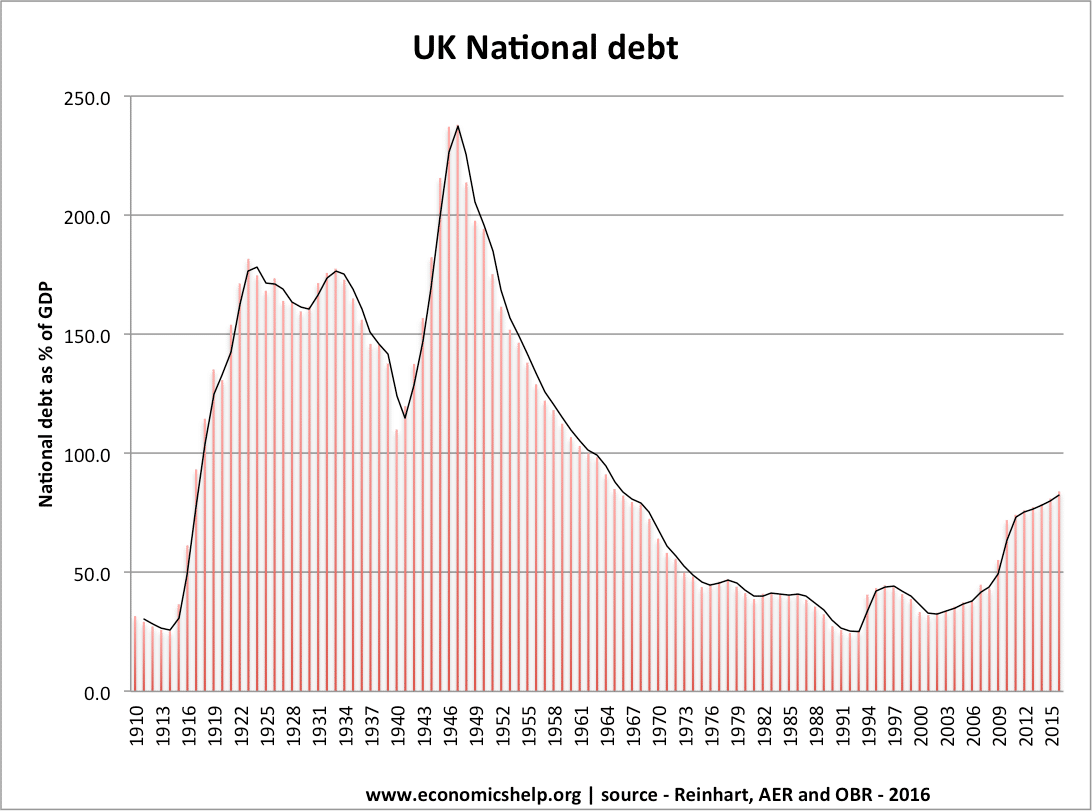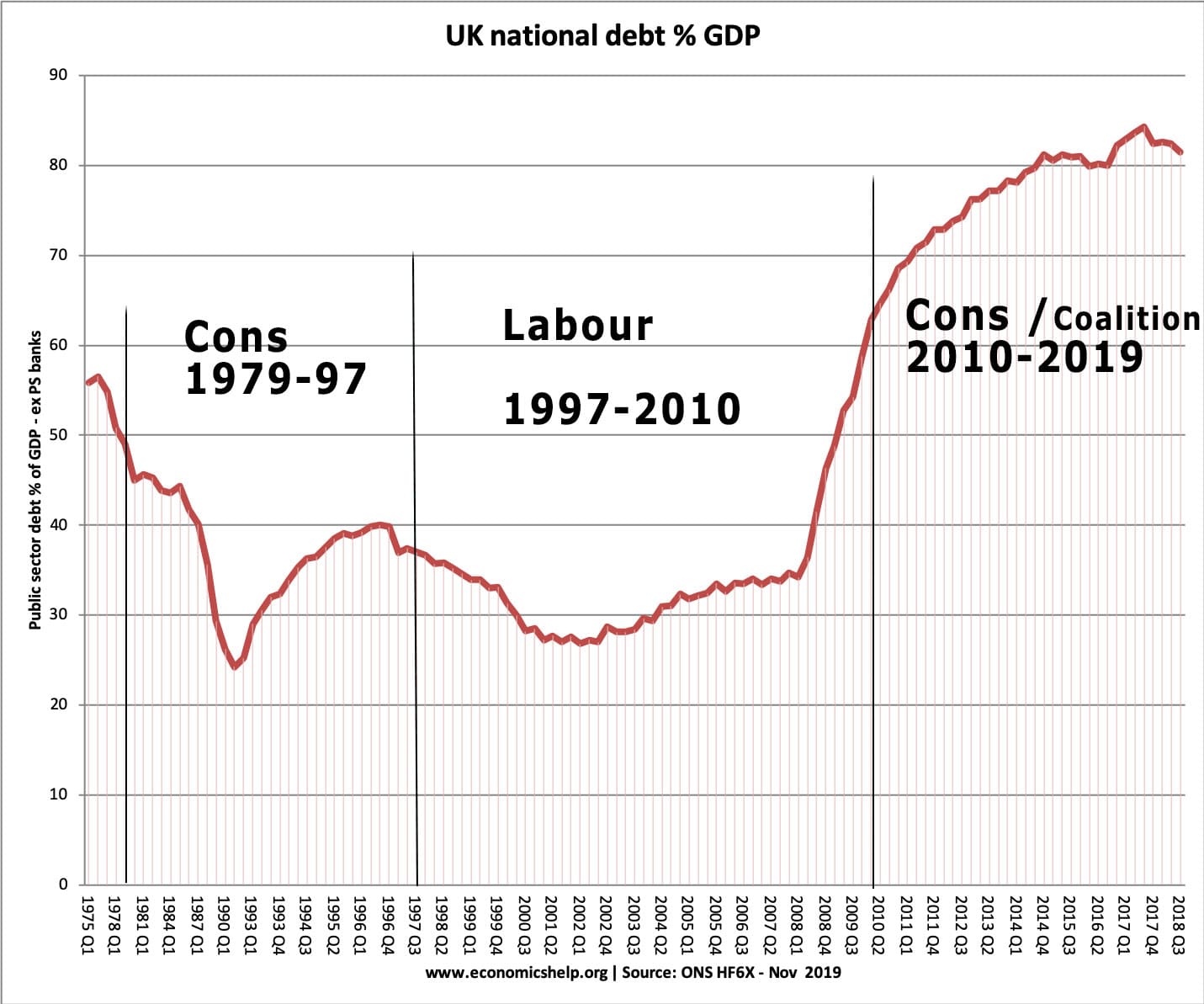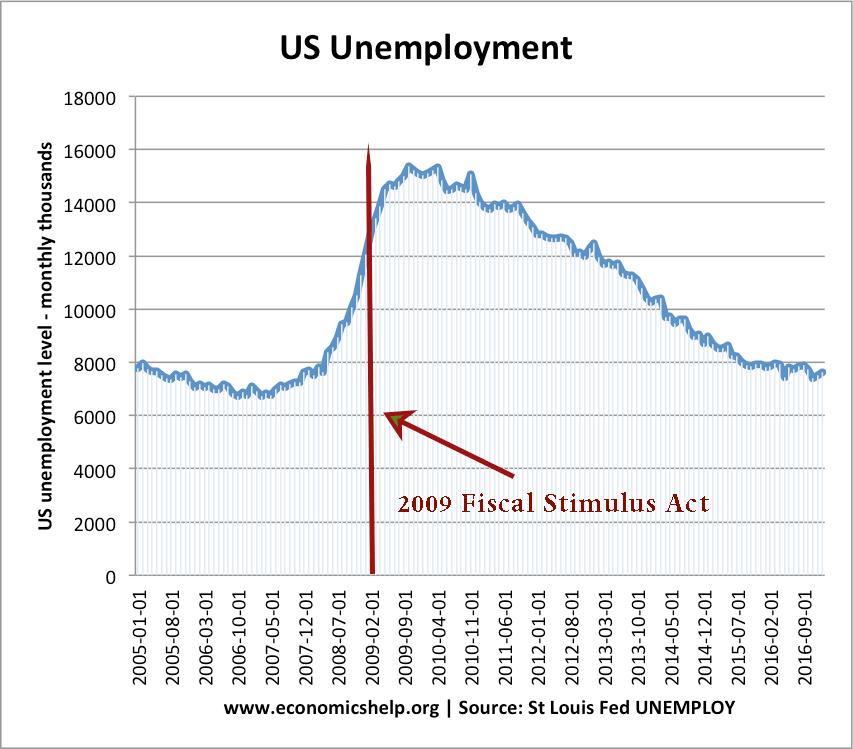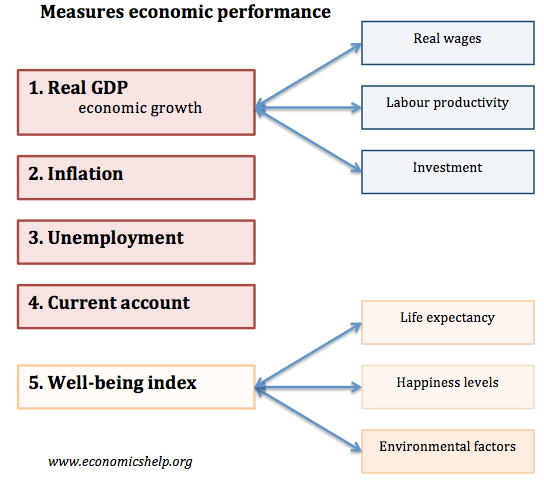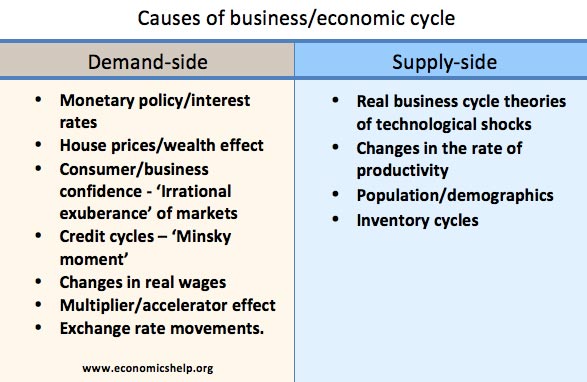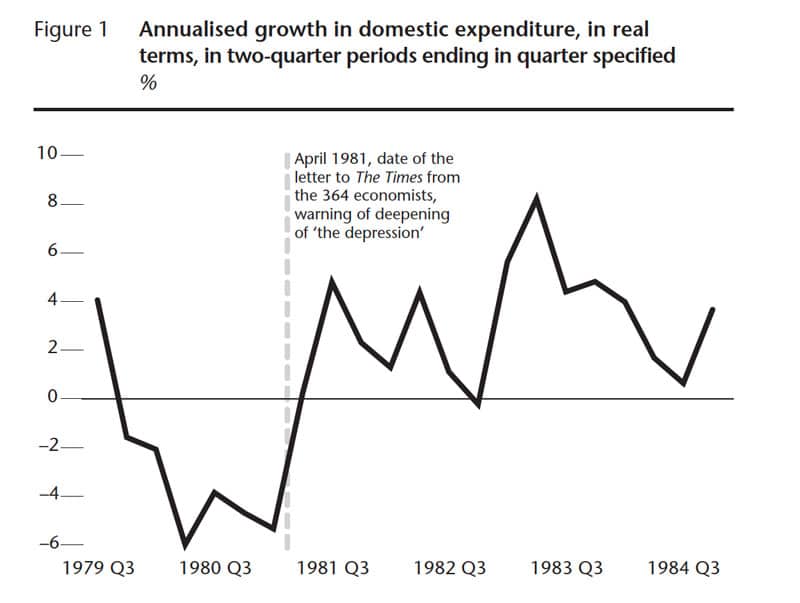Should government run a budget surplus?
The Lib Dems have proposed a budget rule that would run a persistent current budget surplus of 1%. This means that current spending (day to day costs of government) should always be less than tax revenue. Borrowing would only be allowed to finance capital investment after an independent watchdog found that the return would be …

